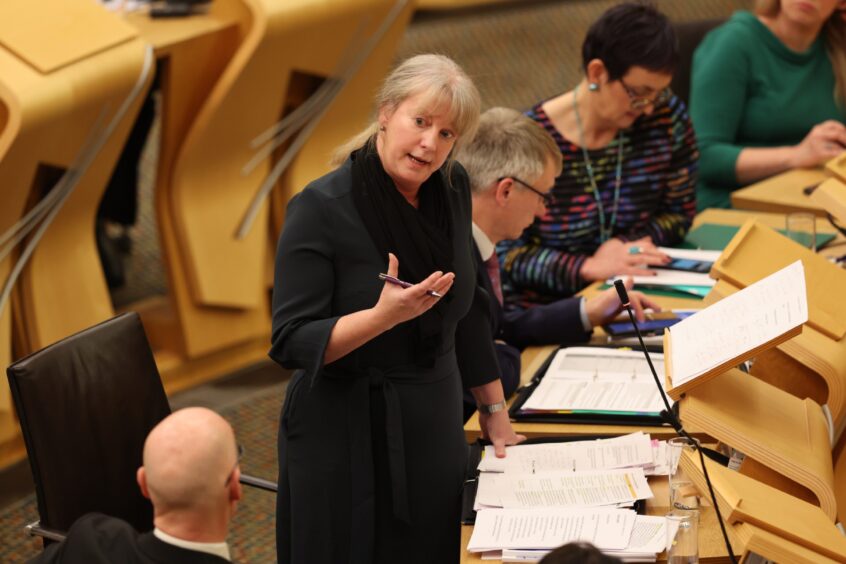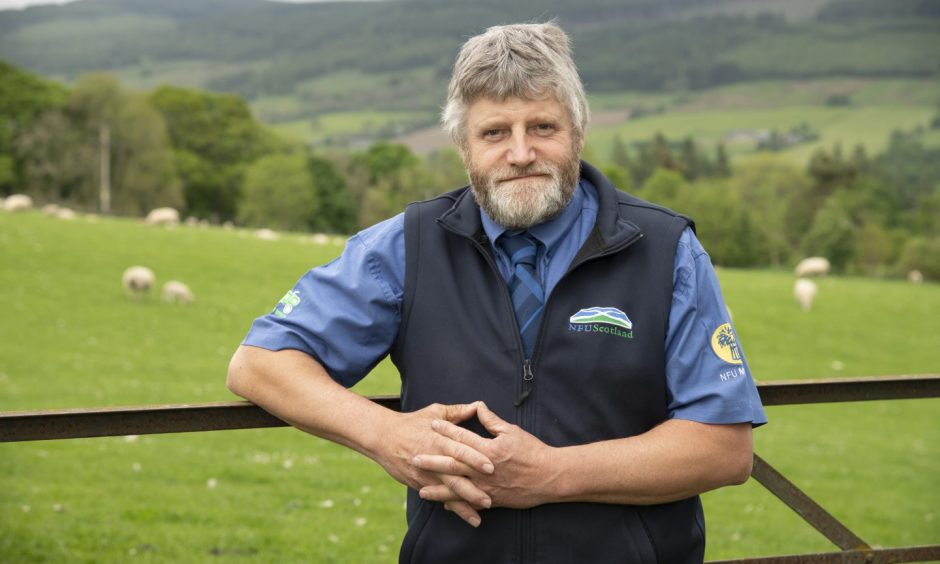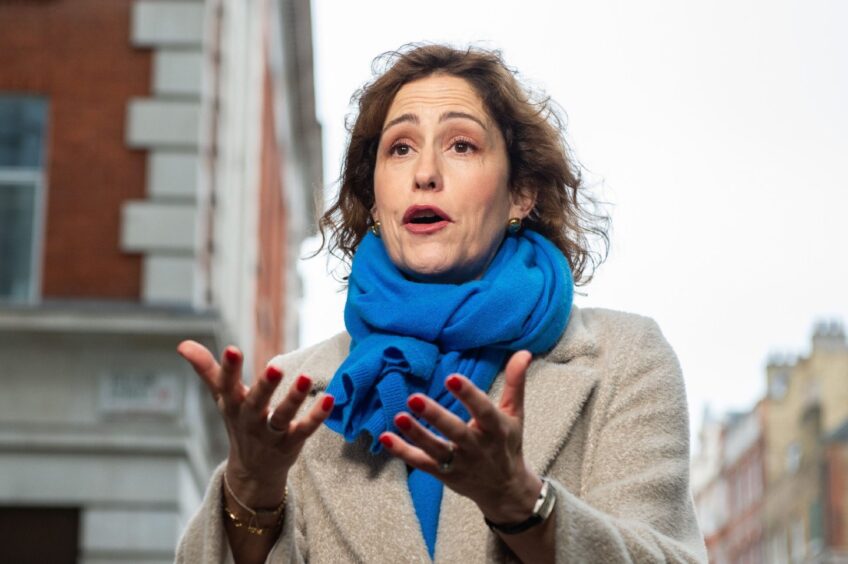The Scottish budget and an attempt to vote down the UK Government’s “family farm tax” plans have delivered mixed results for the agriculture industry north of the border.
At Holyrood, where ministers now have full control over agriculture and rural development spending, around £680 million has been allocated to farming and crofting for 2025-26.
And at Westminster, a move to force the UK Government to do a U-turn on its controversial plans to slash farmers’ inheritance tax reliefs, was defeated as Labour MPs all toed the party line.
What was in the draft Scottish budget for farmers and crofters?
Announcing its draft budget measures for agriculture, the Scottish Government said it would back farmers, crofters, land managers and rural communities with more than £660m.
This includes direct payments to the sector.
Holyrood will also invest in “transforming support for farming and food production”.
The government added: “We will provide a new £20m transformation scheme to support this work.
Support for more net-zero efforts
“The Agri-Environment Scheme will continue to provide funding to farmers, crofters and land managers as they produce food in a way that reduces emissions and enhances nature.
“Support for crofters continues through investment in the Crofting House Grant and Crofting Agricultural Grant Scheme.
“We will respond to the consultation on proposals for crofting law reform.”
Crucial programmes such as the Basic Payment Scheme, Greening, Less Favoured Area Support and Voluntary Coupled Support have all been protected and rolled over.
But, given rising costs, there are concerns in the industry this means a real terms decline in terms of their value.
On the promised return of £46m previously deferred from agricultural funding, a clear timetable has been given for the cash to be added back in over 2025-26 and 2026-27.
Union chief says draft budget fell short for Scottish farmers and crofters
National Farmers’ Union Scotland (NFUS) president Martin Kennedy said: “Scottish farmers and crofters deserved a budget that recognised their indispensable role in Scotland’s rural and national prosperity.
“While falling short on our justified budgetary asks, we have received a budget that, if approved, provides guarantees that key support schemes will be delivered.”
Mr Kennedy added: “Securing the return of the £46m in deferred funding was a top priority for us.
“We look forward to working with the Scottish Government on how best to deliver capital support to help future proof our industry.”
The NFUS president also said it was “disappointing” there is no “real terms” increase in funding for farming and crofting.
Scotland’s agriculture industry facing ‘annual battle over future support’
He added: “Agriculture has not benefitted from the 8% increase in the block grant received by the Scottish Government.
“Similarly, calls for funding guarantees to be given on a multi-annual basis have been unsuccessful consigning the industry to an annual battle over future support.
“Farming and crofting are long-term industries that deserve a funding package that allows them to plan for the future.”
‘Real terms 3.1% cut to rural budget’
Scottish Land and Estates policy director Stephen Young said ministers had a chance to “put down a marker on how it values rural Scotland”.
But the government has done “little to move the dial for the long-term”, he added.
Mr Young explained: “The finance secretary has inflicted a real terms 3.1% cut to the rural budget, where every other department in the Scottish Government received an uplift.
“This highlights the Scottish Government’s priorities, despite all that rural Scotland is expected to deliver.”
Opposition MPs’ bid to overturn ‘death tax’ defeated by 339 votes to 181
Meanwhile, the House of Commons motion trying to overturn the so-called “family farm tax” – or “death tax”, as Victoria Atkins MP, the shadow secretary for rural affairs, called it – was defeated by 339 votes to 181.
Signed off by Conservative leader Kemi Badenoch, the standing order had cross party support.
It called on the House to acknowledge the UK Government has “undone its promises to farmers”.
And it chastised the government for seeking to “punish farmers with inheritance tax bills of hundreds of thousands, or even millions, of pounds by cutting agricultural property relief and business property relief”, while also providing “conflicting information on the number of farms that will be affected”.
Finally, it urged Prime Minister Sir Keir Starmer not to impose inheritance tax changes “that will lead to the end of family farming as it has been known for many generations”.
North-east MP says its a ‘dark day’ for farmers
Gordon and Buchan Conservative MP Harriet Cross, who recently delivered a letter to the chancellor signed by more than 100 MPs and farming organisations on the issue, said: “This is a dark day for the future of our farming industry across Scotland and the rest of the UK.
“The decision by Labour MPs not to stop the family farm tax risks losing a generation of farmers.
“Labour have abandoned the livelihoods of farmers, rural communities, employment opportunities and threatened our food security by pushing through this unfair policy.
“Their betrayal will punish genuine food-producing family farms who are already operating on paper thin margins.”
Ms Cross pledged to “fight tooth and nail to ensure this cruel and unfair tax is halted”.
What exactly is this ‘family farm tax’
The inheritance tax changes, unveiled in the Autumn Budget, are due to come into force from April 2026.
Inheritable property and other business assets worth in excess of £1m will then be taxed at a reduced inheritance tax rate of 20%.
The UK Government says additional allowances available to farming couples mean they will effectively be able to pass on assets totalling up to £3m free of any inheritance tax.
How many farmers or crofters are likely to be affected?
But the Central Association of Agricultural Valuers has calculated the number of farmers likely to be hit equates to five times the government’s estimate.
Its figures suggest up to 75,000 individual farm business owners may be affected by the changes to inheritance tax over the coming generation.






Conversation